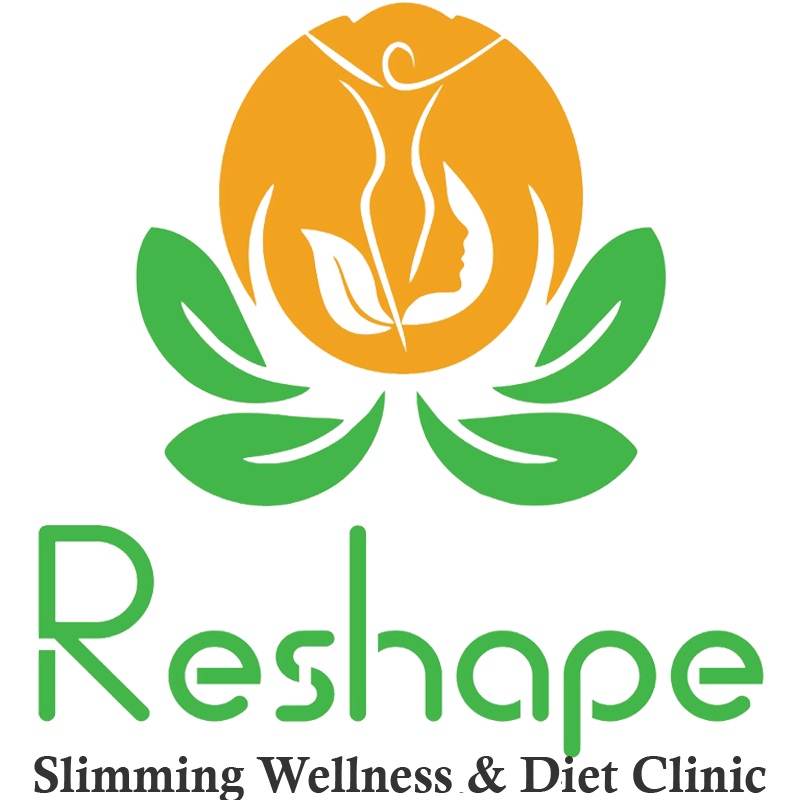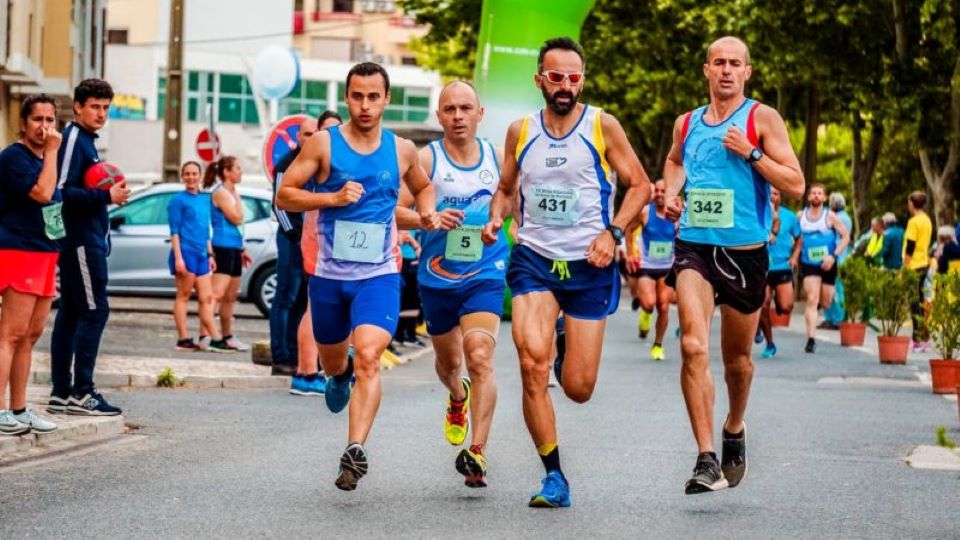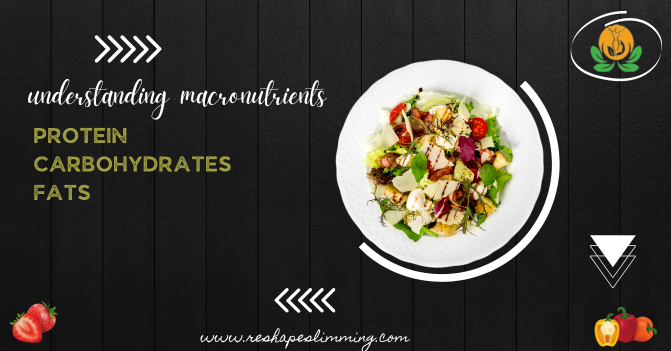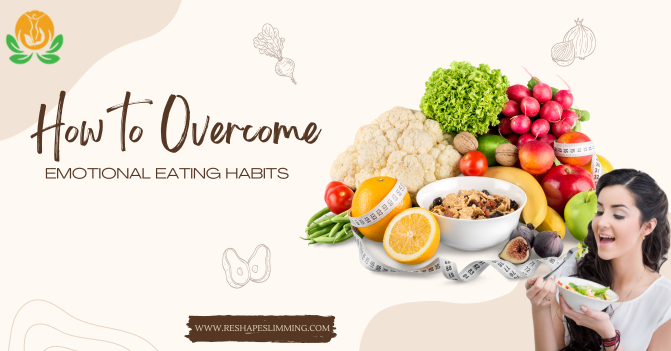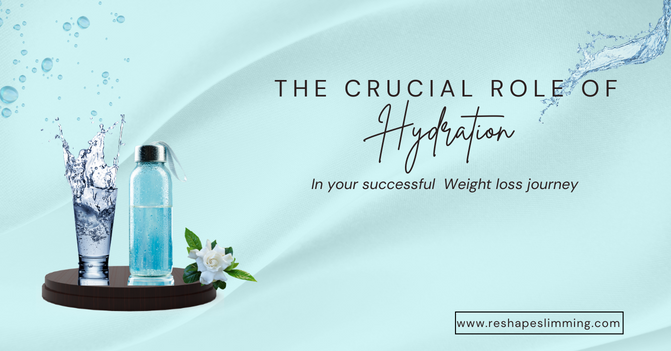- Reshape Slimming Wellness & Diet Center
- +91-72848 25055
- reshapeslimming.diet@gmail.com

PCOS & WIEGHT LOSS
October 13, 2022
5 Weight Loss Tips
November 8, 2022Food for energy
The best diet for a sports person is always high in carbs. Starchy and other forms of carbohydrates provide a source of energy for your body to perform at its best, no matter what your sport or activity.
In general, the more you exercise, the more carbohydrate you need to include in your daily meals and around exercise.
A demanding exercise regime will use up your stored energy from carbohydrates quickly, so include some carbohydrates in most of your meals.
A diet low in carbohydrates can lead to a lack of energy during exercise, loss of concentration, and delayed recovery.
If you wish to adopt a lower carbohydrate diet for your sport, you should seek specialist advice.
Healthy sources of carbohydrates include:
- wholegrain roti
- wholegrain breakfast like quinoa, oats,daliya etc
- brown rice
- green vegetables and legumes
- potatoes (with skins on)
- fruit, including dried fruit
Food for muscles
Eating protein-rich foods alone won’t build big muscles.
Muscle is gained through a combination of muscle-strengthening exercise, and a diet that contains protein and sufficient energy from a balance of carbohydrates and fats.
Not all the protein you eat is used to build new muscle. If you overeat protein, the excess will be used mostly for energy once your body has what it needs for muscle repair.
Most fitness enthusiasts can get enough protein from a healthy, varied diet without having to increase their protein intake significantly.
Healthy sources of protein:
- beans, peas and lentils and legumes,grains like quinoa ,jav daliya.
- cheese, yoghurt and milk
- if you are a nonvegetarian fish, including oily fish like salmon or mackerel, chichen and eggs.
- tofu, paneer and other plant-based meat-alternatives
A source of protein should be included at most mealtimes to optimise muscle building.
Taking in protein before and after a workout has been shown to help kickstart the muscle repair process.
Training protein snacks:
- milk of all types – but lower-fat types contain less energy
- unsweetened soy drink
- natural dairy yoghurt of all types – including Greek yoghurt and kefir
- soy yoghurt and other plant-based alternatives
- unsalted mixed nuts and seeds
- unsweetened dried fruit
- boiled eggs
Food before sport and exercise
You should allow about three hours before you exercise after having a main meal, such as breakfast or lunch.
An hour before exercising, having a light snack that contains some protein, and is higher in carbohydrates and lower in fat, is a good choice to help you perform during your training and recover afterwards.
Choose a snack that you’ll digest quickly, like:
- porridge
- fruit, such as a banana
- a slice of wholegrain bread spread thinly with a nut butter
- a plain or fruit scone with low-fat cheese
- yoghurt or non-dairy alternatives
- cottage cheese and crackers
- a glass of milk or non-dairy alternatives
Snacks to avoid before exercise
These types of food may cause stomach discomfort if eaten just before exercising.
Fatty foods, like:
- chips or french fries
- avocados
- olives
- crisps
- full-fat cheeses
- large amounts of nuts
High-fibre foods, like:
- raw vegetables
- high-fibre cereals
- raw nuts and seeds
Food and drink during exercise
Most exercise lasting less than 60 minutes only requires water.
If you’re exercising for longer, have a quick-digesting carbohydrate and some electrolytes (salts and minerals), such as:
- an isotonic sports drink
- a glass of milk
- a banana
- dried fruit
- a cereal or sports bar
- carbohydrate gel
Make sure you’re drinking enough water (or similar) during your effort.
Water and exercise
Not drinking enough water can have a major effect on your performance.
You should start any exercise session well hydrated. This means drinking water regularly throughout the day.
The choice of the drink depends on the intensity and duration of the exercise, and your training goals.
In general:
- only water is needed for moderate exercise that lasts less than an hour
- an isotonic sports drink, milk, or a combination of high-carbohydrate food and water for hard sessions that last longer than an hour
You can make a homemade sports drink with 200ml of squash (not low calorie), 800ml of water and a large pinch of salt.
What to eat after exercise
Food and drink also play a part in recovering effectively from training.
If you train several times a day, refuelling with a source of carbohydrate and protein – such as a glass of milk and a banana – within 60 minutes of finishing your first session can help you recover faster.
If you’re training less than this or have more time to recover, make sure you rehydrate with water and eat as soon as you can afterwards. This might be your next main meal.
Food supplements and exercise
In general, a balanced diet will provide the nutrients and energy necessary for sports without the need for food supplements.
